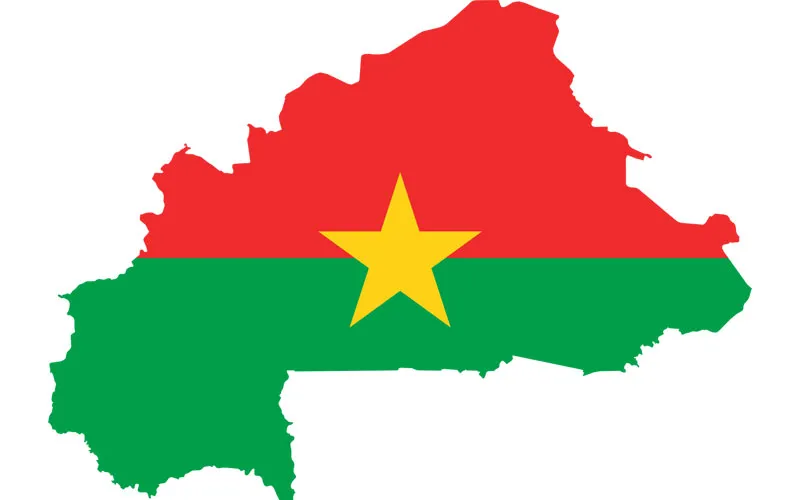According to the World Health Organization’s (WHO) Global Leprosy Strategy 2016–2020 launched in April 2016 with an aim of “accelerating towards a leprosy-free world,” stigma remains a key challenge to effectively fighting the illness, which is also known as Hansen’s disease.
Amid the stigma, the Camillian Missionaries have, for over 40 years, committed themselves to serving people living with leprosy in the landlocked nation, Fr. Bulgo adds in the January 30 report.
"The work of the Missionary Sisters of Africa and, subsequently, the charisma and fervor spirituality of Father Vincenzo Luise, our confreres have contributed to the manifestation of God's merciful love,” the Camillian Cleric says and adds, “In our reception center, we heal the wounds caused by skin lesions and dermatoses from which they suffer.”
At the leprosy center, Camillians provide the sick with food items, support their social reintegration and “recreate an environment where they can feel loved and supported,” Fr. Bulgo says.
As the world marked the World Day of Leprosy on January 31, Fr. Bulgo says, "It is important to aim for a cultural renewal that educates consciences and develops a culture of assistance, as also recommended by the Holy Father.”
“This day is an opportunity to renew the Church's commitment in the fight against exclusion and stigmatization, in combating tribalism, in preventing inter-communal conflicts, announcing the Gospel of fraternity and love,” he adds.
The World Leprosy Day was established in 1953 by French humanitarian Raoul Follereau in commemoration of the 30 January 1948 death of Mahatma Gandhi who had compassion for people afflicted with Leprosy.
In 2021, the Day, which seeks to increase the public awareness of the illness, was marked under the theme, “Beat Leprosy.”
Beating Leprosy “begins with the medical reality that leprosy is a curable disease; but beating leprosy involves more than a mere medical struggle,” the Prefect of the Dicastery for Promoting Integral Human Development, Peter Cardinal Turkson said in his message for the Day published January 31.
The Day “also seeks to eliminate the social stigma that accompanies this difficult illness and ultimately envisions the restoration of the human person in an integral way,” the Ghanaian-born Cardinal added.








